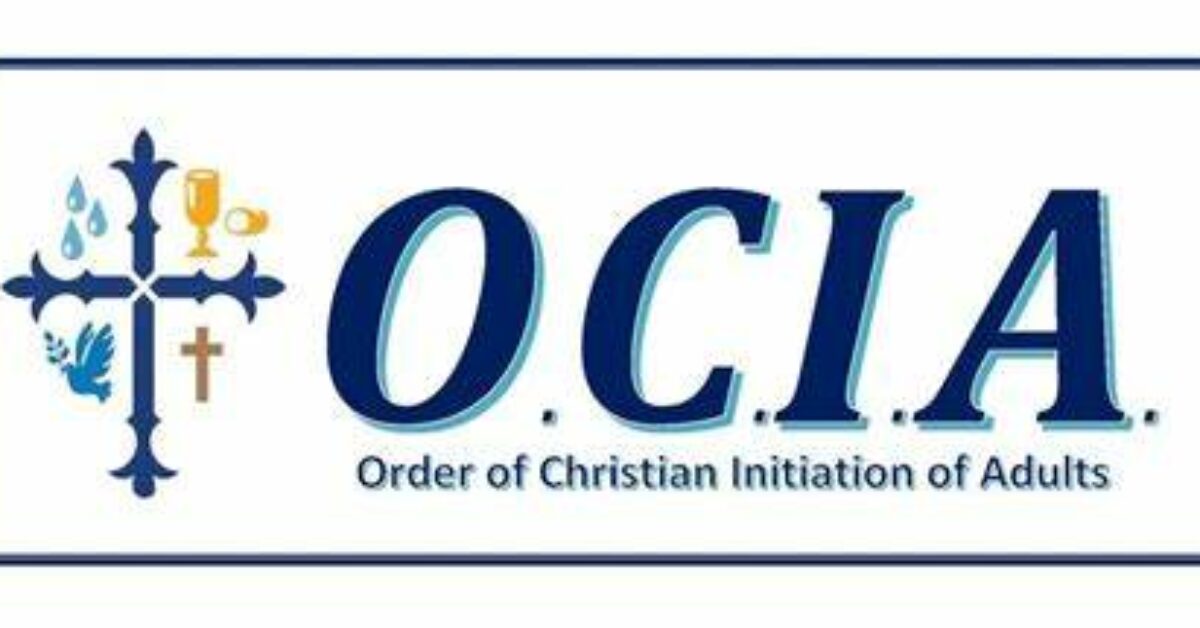The OCIA is Coming: What is this?
It is not quite paramount to recent changes in the language of the Mass among Roman Catholics, but it is a significant shift: The Rite of Christian Initiation of Adults (RCIA) is being replaced by the Order of Christian Initiation of Adults (OCIA). This change entails both the replacement of the ritual process for becoming a Catholic (the catechumenate) and the book that contains the rites. The OCIA books are the latest ritual books t be revised as a result of Pope John Paul II’s 2001 document Liturgiam authenticam on translation of the Latin rites into vernacular languages. The document initiated processes of revision that aimed to translate as closely as possible to the wording of the Latin. Previous revisions included the Mass and the Order of Penance.
While certainly specific language has been revised in the forthcoming version (appearing in print November 1, 2024), the most significant changes include the title of the process, the categorization of those who enter the process, and adaptation to different timelines for the process.
First the title: Order of Christian Initiation of Adults (OCIA). The new title is meant to emphasize that the catechumenate is an ongoing journey throughout human life, not just a one-time ritual event. It is a lifelong commitment that is informed by the various stages of progression in the catechumenate. And it is the Order as opposed to the Rite because there are a significant number of distinct, but connected rites that make up the one Order. It is not one rite, but many rites that mark the journey toward becoming a Christian.
Second, the terminology used to identify the various people making the journey through the catechumenate was very confusing in the RCIA. All were identified by one term: candidate. The OCIA uses three terms to indicate the various stages people might be in at that moment: inquirer (first stage of discovery); catechumen (the second stage of learning); elect (the third stage of deep reflection period immediately before baptism). The final stage is that of continued learning and growing. In addition, the RCIA failed to clearly account for the different groups of people asking for full acceptance into the Roman Catholic Church. The four groups—with differently expressed ritual processes—will be: catechumens (unbaptized adults); unbaptized infants or young children; baptized non-Catholic Christians (who have not received any other Roman Catholic sacraments); and Baptized Roman Catholics seeking confirmation.
Third, all of these categories in theory follow a similar but slightly different ritual process for becoming Roman Catholic and the timelines differ. The OCIA more clearly lays out the different processes and timelines. But in no way is the OCIA an overhaul of the existing RCIA content. The OCIA will look and sound nearly identical to the rites that have existed in the RCIA.
The new ritual books are available today on November 1. To see examples from one publisher, The Liturgical Press, go to Order of Christian Initiation of Adults.
Once we are able to obtain a copy we will provide a more thorough assessment of the new OCIA in this blog. Until then, the OCIA is coming soon!
